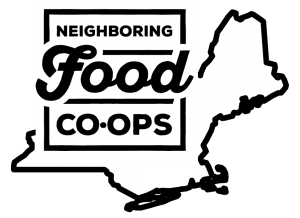Category: Uncategorized
Co-operative Innovation // NFCA News, January 2020
 Your Neighboring Food Co-ops
Your Neighboring Food Co-ops
Locally Owned by More Than
150,000 People Like You!
In this Month’s E-News, check out:
 Your Neighboring Food Co-ops
Your Neighboring Food Co-ops
Locally Owned by More Than
150,000 People Like You!
In this Month’s E-News, check out: